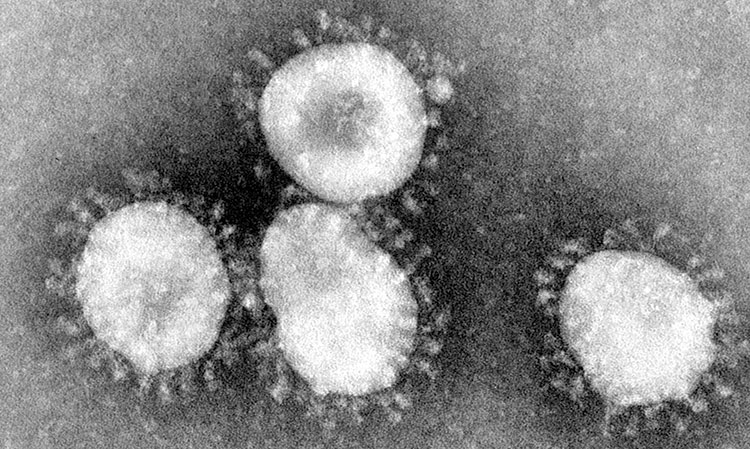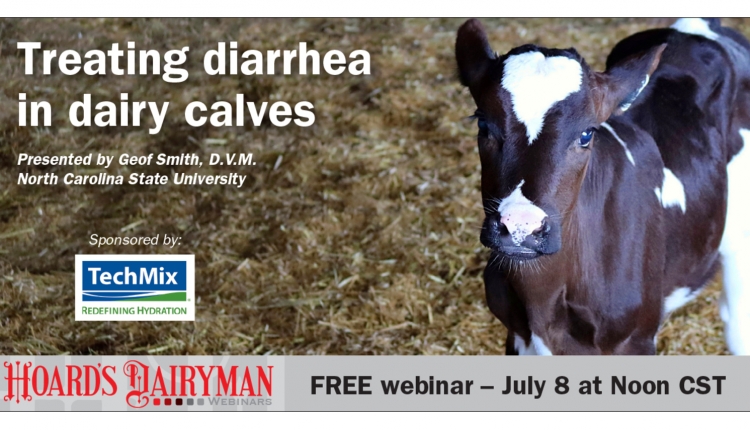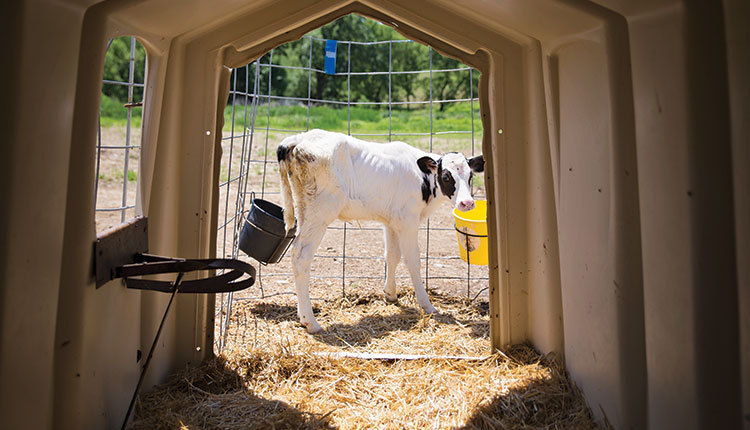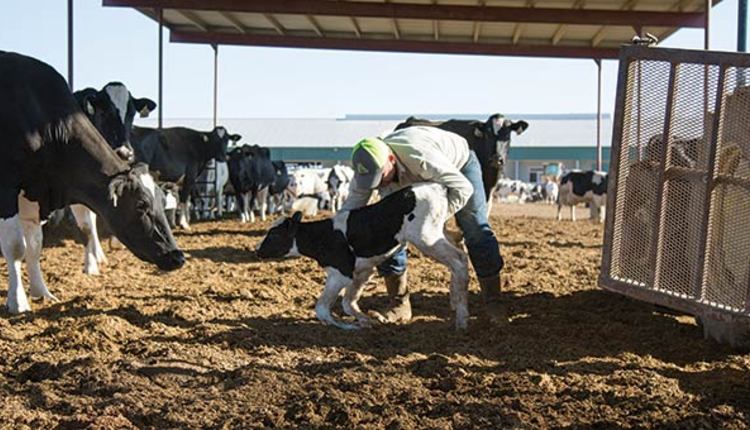
As I write this article, the death toll and global panic associated with coronavirus are both steadily rising. The latest human outbreak is being caused by a strain called COVID-19.
If you remember back to 2003, there was another major coronavirus outbreak called Severe Acute Respiratory Syndrome or SARS. This virus originated in China during late 2002 and spread globally in 2003. There were approximately 8,100 confirmed cases of SARS across 26 countries with about 775 deaths due to the virus.
Another coronavirus outbreak called Middle East Respiratory Syndrome or MERS which originated in Saudi Arabia during 2012. It was blamed for over 850 deaths.
We still don’t completely understand where all of these respiratory coronaviruses originated, but they probably moved into humans from animals. For example, the SARS virus originated in bats and then mutated to infect cats before moving into humans. With MERS, scientists believe the virus went from bats to camels to people.
So far, we don’t know for sure where the new virus originated from; however, recent evidence suggests that it moved from bats into an endangered mammal called the Malayan pangolin. This armadillo-like species is popular in traditional Chinese medicine and have been sold at the Wuhan Seafood Market where the virus was originally isolated.Dairy producers often recognize the name coronavirus as an occasional cause of diarrhea in young calves as well as a possible cause of respiratory disease in cattle. So, naturally the question becomes: “Can I catch coronavirus from my calves?” Is it possible for bovine coronavirus to mutate and infect humans?
The short answer is no, or at least extremely unlikely. Coronaviruses are a diverse family of RNA viruses characterized by the club-like spikes that project from their surface. The viral strains that have caused respiratory disease in people and those that infect cattle are different. Without getting too much into coronavirus classification systems, the bovine coronavirus is in group 2a and all the human respiratory coronaviruses have been in subgroup 2b.
The disease in cattle
There are three different but distinct disease syndromes caused by coronavirus in cattle. First of all, coronavirus is a cause of diarrhea in young calves. The virus is able to infect epithelial cells of the small intestine (gut), causing them to die. Moderate to severe diarrhea will follow, lasting for four to seven days. Affected calves are usually between 1 and 3 weeks of age.
Coronavirus isn’t really recognized as a cause of diarrhea in calves much over a month of age, with the exception of “winter dysentery.” Winter dysentery is the second type of disease in cattle commonly associated with coronavirus infection. Winter dysentery is a highly contagious gastrointestinal disease most commonly seen in dairy cattle housed indoors during the winter.
The most common sign is explosive diarrhea in multiple animals within the milking herd. The diarrhea often contains some amount of blood. Cows typically go off feed and milk production can drop significantly. Producers often describe a musty, severely unpleasant odor in the barn during winter dysentery outbreaks. There is no specific treatment other than keeping the cows hydrated with fluids, but the actual death loss is usually low and the diarrhea typically resolves within a week or so.
Lastly, there is research to suggest that coronavirus is involved in the bovine respiratory disease complex. There is conflicting information in veterinary literature about the true role of bovine coronavirus in causing cattle pneumonia. Several studies have shown that coronavirus represents one of the important viruses involved in the development of bovine respiratory disease. Meanwhile, others have not been able to find any correlation between the prevalence of pneumonia and coronavirus shedding in the field.
At least three studies have been unable to reproduce any clinical signs of respiratory disease after experimental challenges with bovine coronavirus, while other studies have been able to consistently find the virus in healthy calves. Despite this, other studies have produced pneumonia with experimental coronavirus infection, and some field studies show the virus to be more commonly isolated from calves with pneumonia than from healthy calves.
Questions about the virus
Interestingly, it is still not clear whether or not the virus that causes calf diarrhea, winter dysentery, and respiratory disease are exactly the same or different. The bovine coronavirus that causes these three distinct diseases may be the same virus or there may be slight differences.
Several publications have suggested that the enteric (gut) bovine coronaviruses are genomically the same as the respiratory coronaviruses while other studies have shown small differences between isolates. At present, we still aren’t sure whether or not the bovine coronavirus that causes diarrhea is exactly the same virus that causes pneumonia.
There is one vaccine commercially available in the United States for protection against coronavirus. It is an intranasal vaccine labeled for prevention of diarrhea due to coronavirus in calves. Interestingly, it also seems to prevent winter dysentery outbreaks in adult cattle.
The human strain
Human coronavirus was first isolated in 1967 and actually is fairly closely related to bovine coronavirus from a genetic standpoint. Bovine coronavirus, however, has been shown to be species specific for cattle and does not infect people.
Coronviruses use special molecules called “sialic acids” to attach to the surface of cell membranes in the body, but other proteins are required for the viruses to actually enter the cells. Studies in the lab using human cells have shown that the bovine coronavirus can attach to human airway epithelial cells but are unable to actually enter the cells.
Despite genetic similarities between different strains of coronaviruses, most scientists believe they have very narrow host ranges. Past epidemics of coronavirus in humans have included animal vectors such as pigs, chickens, ducks, and camels, but not cattle. We can never say never, but the chances that a human strain of coronavirus would come from a cow are extremely low.
I’ll conclude by answering the original question posed in the title of this article: Can I catch coronavirus from my cows? No!










